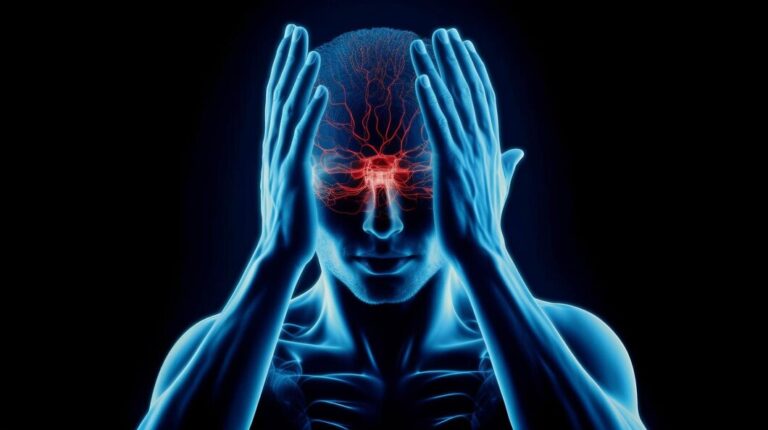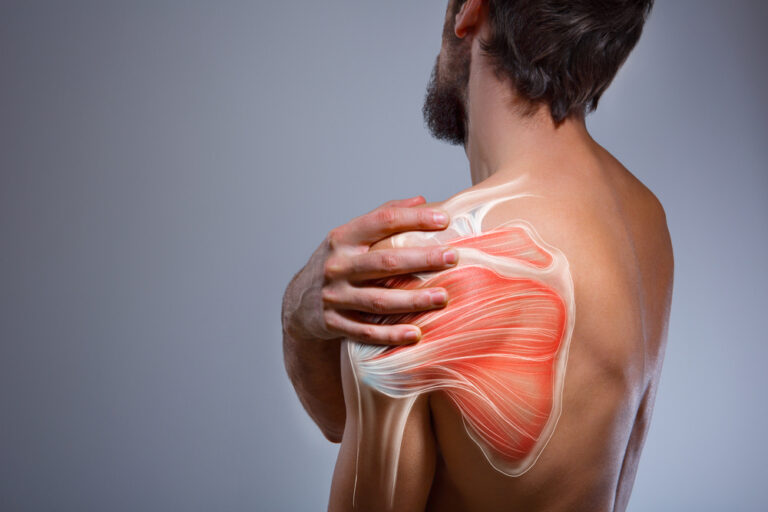Migraine In Women: Hormonal Influences And Management
Migraine, a debilitating neurological condition, impacts millions worldwide, with women bearing a disproportionate burden. Research indicates that hormonal fluctuations significantly influence migraine patterns, rendering women more susceptible. Recognizing the intricate interplay between hormones and migraines is pivotal for effective management, thereby enhancing the quality of life for female migraine sufferers. For guidance on optimal pain management, consult the expertise of the Best Pain Specialist in Dilshad Garden.
To Know More About It Please Click Here
Hormonal Fluctuations and Migraine
For many women, hormonal changes during menstrual cycles, pregnancy, and menopause often coincide with an increase in migraine frequency and severity. Estrogen, a key female hormone, has been implicated in triggering migraines. Fluctuations in estrogen levels, particularly during the menstrual cycle, can affect neurotransmitters, blood vessels, and pain perception pathways, contributing to migraine development.
Menstrual Migraine
Menstrual migraine, a specific subtype of migraine, occurs in association with the menstrual cycle. It typically manifests just before or during menstruation and is characterized by more severe and prolonged attacks compared to non-menstrual migraines. The drop in estrogen levels that occurs just before menstruation is believed to be a primary trigger for menstrual migraines.
Pregnancy and Migraine
Pregnancy presents a distinct phase for women grappling with migraines. While some experience relief, others may encounter exacerbated symptoms. Hormonal shifts, notably the gradual increase in estrogen levels, can impact migraine patterns. Moreover, caution is warranted with migraine medications, as some may pose risks during pregnancy, underscoring the importance of vigilant management and consultation with healthcare providers. For expert guidance on pain management, seek assistance from the Best Pain Specialist in Dilshad Garden.
Menopause and Migraine
Menopause marks the end of reproductive years for women and can bring about significant hormonal shifts. Some women find relief from migraines after menopause, as estrogen levels stabilize. However, others may experience an increase in migraine frequency and intensity during perimenopause, the transition phase leading to menopause. Hormone replacement therapy (HRT), commonly used to manage menopausal symptoms, can also impact migraine patterns and requires careful consideration and monitoring.
Management Strategies
Managing migraines in women requires a multifaceted approach that addresses both hormonal influences and individual triggers. Some effective strategies include:
- Tracking Hormonal Cycles: Keeping a migraine diary to track migraine patterns about hormonal fluctuations can help identify triggers and guide treatment decisions.
- Lifestyle Modifications: Adopting healthy lifestyle habits such as regular exercise, adequate sleep, stress management, and balanced nutrition can help reduce the frequency and severity of migraines.
- Hormonal Therapies: For women with menstrual migraines or migraines associated with hormonal fluctuations, hormonal therapies such as hormonal contraceptives or estrogen supplementation may be beneficial. However, these treatments should be carefully tailored to individual needs and medical history.
- Acute and Preventive Medications: A variety of medications, including over-the-counter pain relievers, triptans, and preventive medications, are available for managing migraines. Hormonal factors should be considered when selecting and dosing these medications.
- Alternative Therapies: Complementary and alternative therapies such as acupuncture, biofeedback, and relaxation techniques may provide additional relief for some women with migraines.
- Consultation with Healthcare Providers: Open communication with healthcare providers, including primary care physicians, neurologists, and gynecologists, is essential for comprehensive migraine management. Healthcare providers can offer personalized treatment plans and monitor the effectiveness and safety of interventions.
In conclusion
Comprehending the intricate relationship between hormones and migraines is crucial for managing this challenging condition in women. By integrating hormonal influences with personalized trigger management and embracing a holistic treatment approach, women can enhance their ability to control migraines and elevate their overall quality of life. For expert guidance on pain management, consider consulting with the Best Pain Specialist in Dilshad Garden.
Also, Follow us on Instagram







